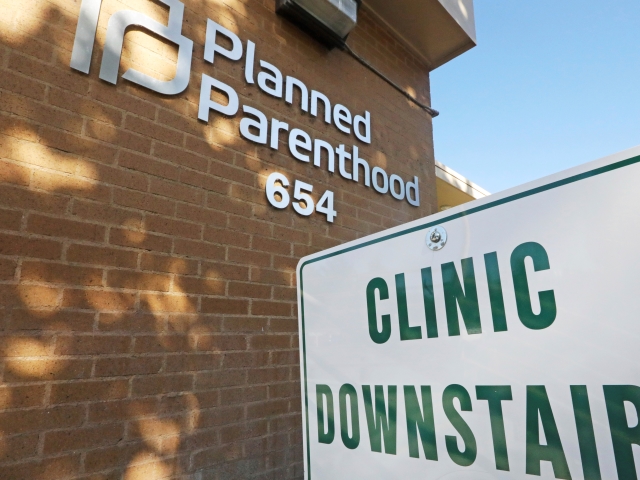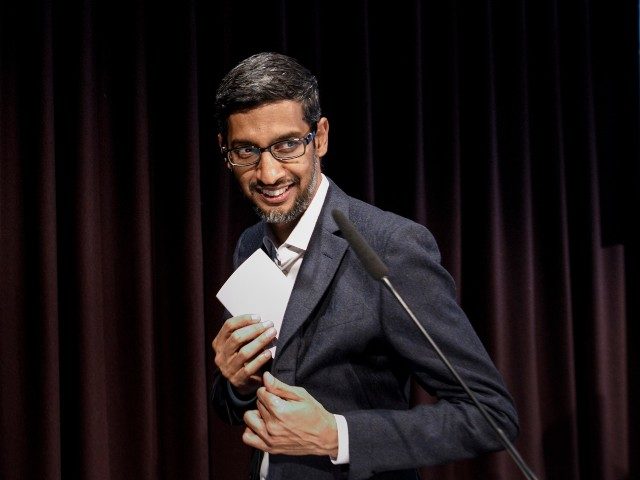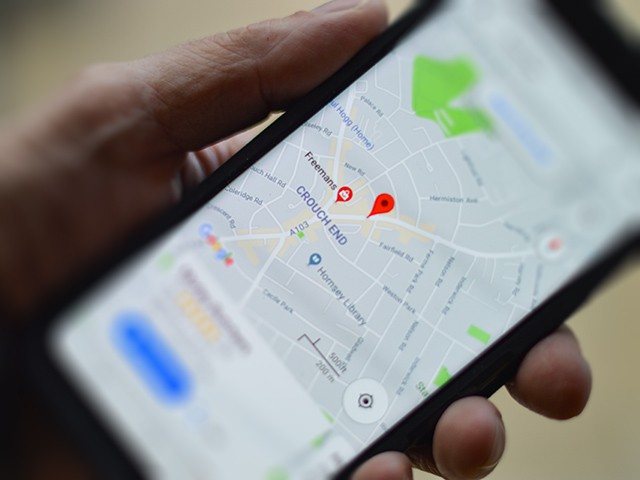While Google “promised to delete” pro-abortion users’ data whenever they visited abortion mills, the tech giant appears to be unable to help itself when it comes to collecting (and keeping) information on everyone.
“Google promised to delete sensitive data. It logged my abortion clinic visit,” Washington Post columnist Geoffrey A. Fowler complained in a piece published this week.

FILE – In this Aug. 21, 2019, file photo, a sign is displayed at Planned Parenthood of Utah in Salt Lake City. (AP Photo/Rick Bowmer, File)
In the wake of the U.S. Supreme Court’s lifesaving decision to overturn Roe v. Wade, Google said it would delete users’ data when it comes to their visits to abortion mills, as pro-abortion activists complains that information could be used to “prosecute” them.
“Nearly a year later, my investigation reveals Google isn’t doing that in any consistent way,” Fowler said in his column, calling Google’s surveillance “creepy,” and “a reminder we’ve left critical elements of our civil rights up to the whims of a giant corporation.”
The Washington Post columnist tested Google’s promise to those who want to kill their unborn children without fear of repercussion by running an experiment, which involved him and a colleague visiting multiple abortion mills, using Google Maps for directions.
Fowler visited abortion mills in California, while his colleague visited them in Florida.
“In about half of the visits, I watched Google retain a map of my activity that looked like it could have been made by a private investigator,” he said.
Fowler explained that last week, he had visited a Planned Parenthood facility and two other facilities in San Francisco, and that a week later, “my travels to all three locations remained visible in one of my test phones’ location history.”
Looking back at his Google map, the WaPo columnist saw that it clearly read, “Planned Parenthood — San Francisco Health Center.”
Fowler noted that this did not occur every time. Sometimes, Google would delete his location history within 24 hours after he sat in a parking lot of a San Francisco abortion mill for 15 minutes. The tech giant did the same thing for his colleague in Florida.
“Often, Google kept my location on its timeline but only labeled it as the name of a neighborhood rather than a specific clinic,” he added. “One time, it labeled my visit to a Planned Parenthood clinic as the coffee shop next door, and kept the record.”
Google spokeswoman Genevieve Park told Washington Post that users have the ability to delete their location data if they want to stop the company from collecting it, suggesting that the burden falls on the individual to delete their own abortion mill visits.
So if women want to kill their own unborn children without having to worry about what is stored in their personal location history on Google maps, they will have to do a little extra work and figure out how to remove the information in Google’s settings.
As for Fowler, he advised that his pro-abortion readers “use fewer Google products.”
You can follow Alana Mastrangelo on Facebook and Twitter at @ARmastrangelo, and on Instagram.


COMMENTS
Please let us know if you're having issues with commenting.